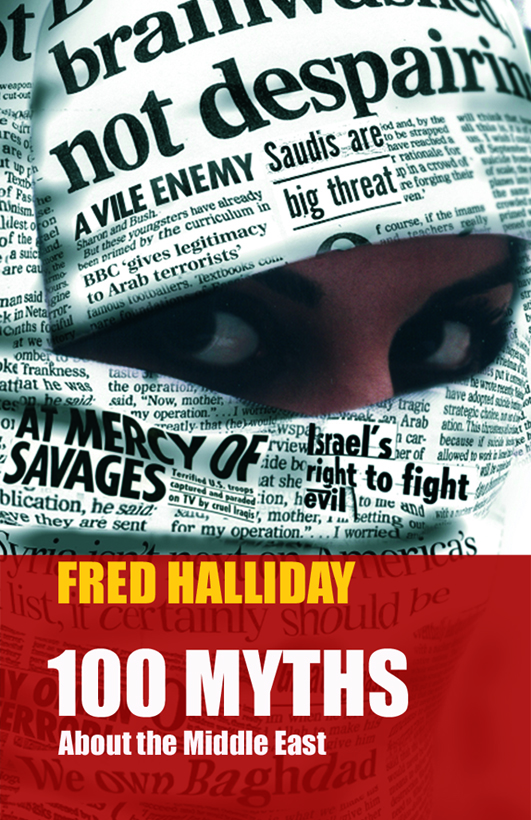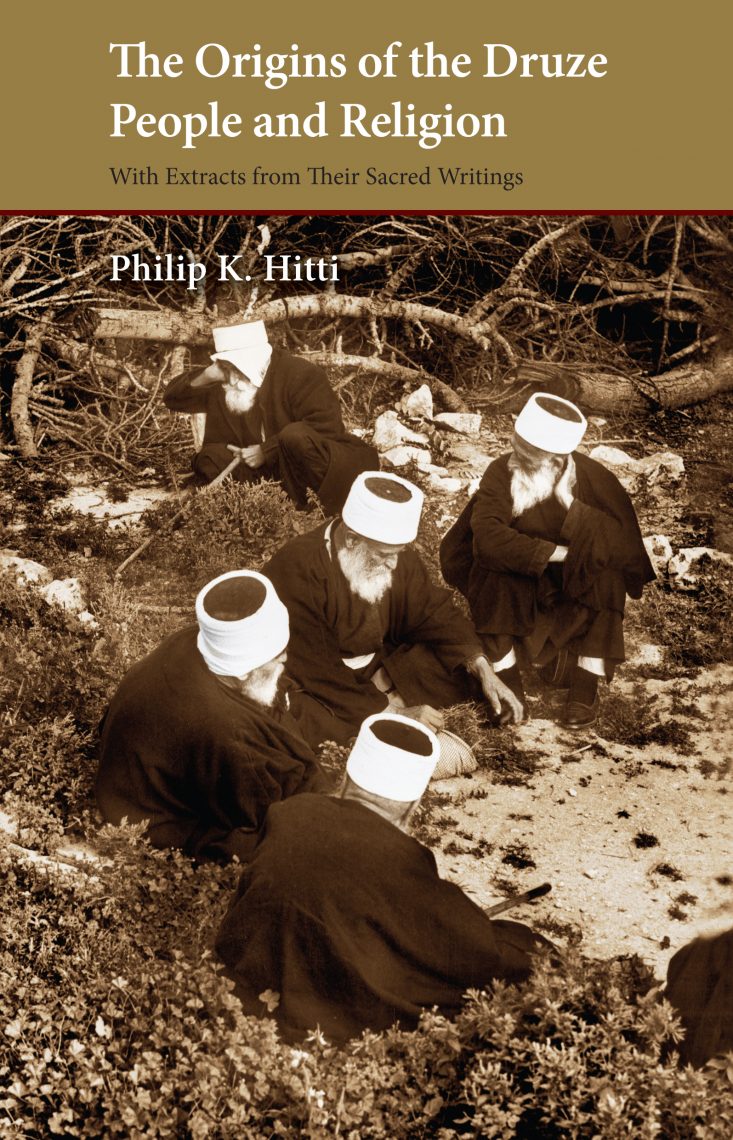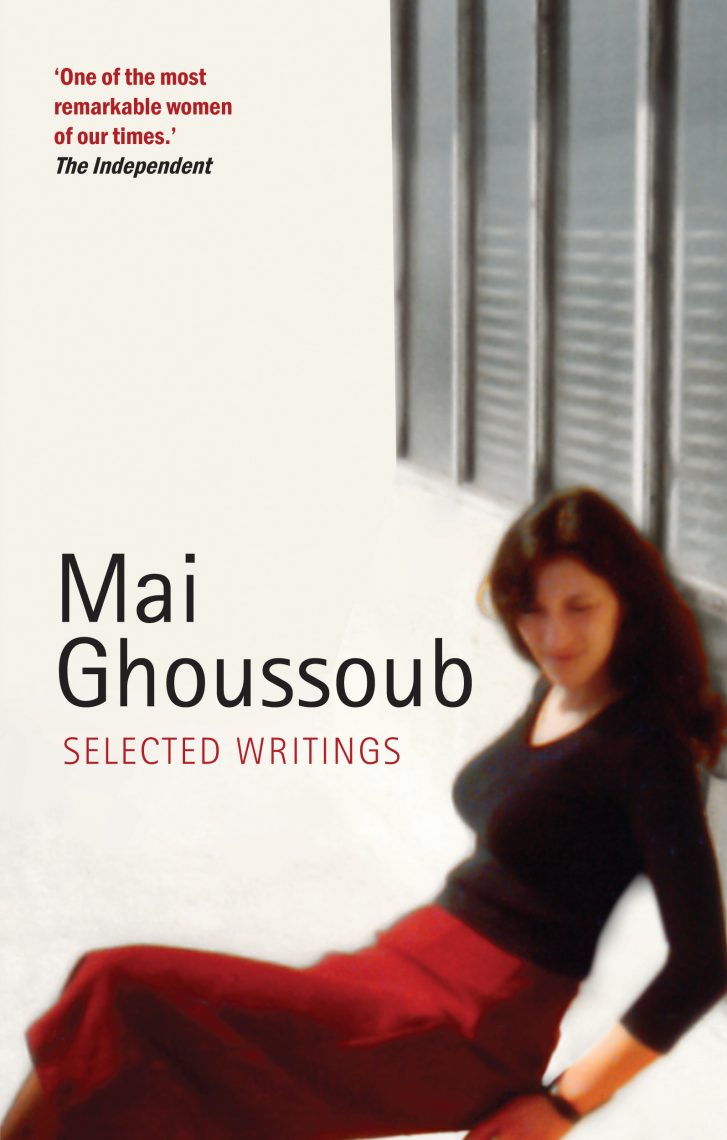
£35.00
Out of stock
About the Book
A brief, brutal clash in Lebanon in 1958 followed the build-up of tensions between the country’s most prominent communities – Maronites, Druze and Sunnis. This quickly escalated into a full-blown national crisis, which saw US Marines landing on Beirut shores.
This period of Lebanese history is often seen as the product of friction between pan-Arab nationalism and the growing threat to Western hegemony during the Cold War. But while orientation towards the West or the Arab world was a critical feature of these times, Kanaan argues that the 1958 flashpoint was the culmination of a century of unresolved conflict between these three groups. Each community had constructed a ‘history’ of Lebanon to justify its own ends, and each adhered to different mythologies that fed religious, social and political anxieties, thus preventing proper channels of dialogue from opening to mutual benefit. It was this, at root, which helped precipitate a civil conflict.
Lebanon 1860-1960 is an insightful study of the various cultural interpretations that underlay Lebanon’s vulnerable and volatile infrastructure, leading to what the US Department of Defence referred to as ‘like war but not war’ – a confrontation that was to have repercussions in Lebanon and throughout the region for decades to follow.
About the Author
Claude Boueiz Kanaan is a Professor of History at St Joseph's University in Beirut. In 1995 she completed a doctorate on Lebanon in 1958, at the School of Oriental and African Studies (SOAS), London University.




